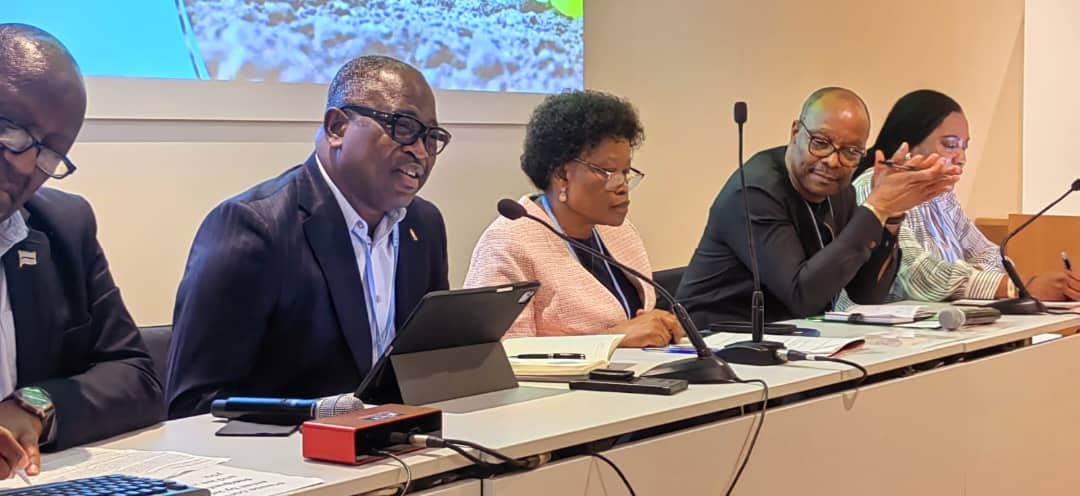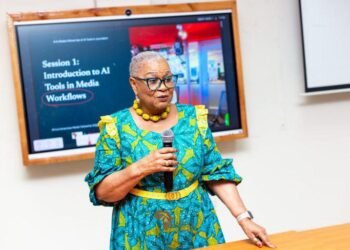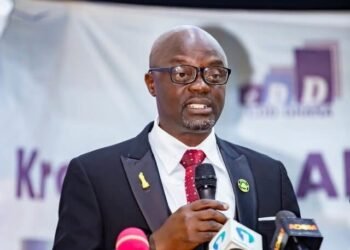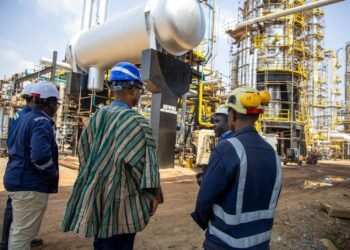The Minister of State for Climate Change and Sustainability, Hon. Seidu Issifu, has issued a forceful and eloquent appeal for global investment in African Nationally Determined Contributions (NDCs) during a high-level event at the 62nd session of the UNFCCC Subsidiary Bodies (SB62) in Bonn, Germany.
At a side event titled “The Investment Case for African Nationally Determined Contributions (NDCs)”, Minister Issifu called on the international community to reframe how they view Africa’s climate commitments—not as symbolic pledges, but as investment-ready strategies capable of delivering climate resilience, inclusive growth, and sustainable development.
“Africa’s NDCs are not charity requests. They are business cases for transformation—comprehensive blueprints costed, structured, and ready to implement.”
Hon. Seidu Issifu, Minister of State for Climate Change and Sustainability
The Minister highlighted that Ghana’s updated NDCs are built around 47 programme actions, 19 policy reforms, and 11 priority sectors, including agriculture, water resources, health, energy, and transport.
These interventions are costed between US$9.3 billion and US$15.5 billion, with implementation timelines stretching to 2030.
He emphasized that Ghana has already moved beyond planning to policy activation and private-sector collaboration, particularly in the transport sector.

Notably, Ghana’s 2023 National Electric Vehicle Policy introduced an eight-year tax incentive framework and localized vehicle emissions standards—policies that have started to attract domestic innovation.
“Companies like KOFA, WAHU, and Solar Taxi are building electric mobility solutions and using carbon markets as launchpads. This is African innovation at its finest.”
Hon. Seidu Issifu, Minister of State for Climate Change and Sustainability
While showcasing Ghana’s proactive stance, the Minister was uncompromising on the issue of climate finance justice. He stressed that African countries are being forced to borrow at high cost to address the impacts of a crisis they did not create.
“Debt forgiveness is not charity. It is justice.
“We are being forced to borrow to clean up the mess caused by climate change. This is unjust and unsustainable.”
Hon. Seidu Issifu, Minister of State for Climate Change and Sustainability
His comments received resounding applause, resonating with representatives from across the Global South who have long decried the inequities of the global climate finance architecture.
AfDB and African Partners Weigh In

Professor Anthony Nyong, representing the African Development Bank, reinforced the call for coordinated investment, outlining the AfDB’s NDC 3.0 implementation framework.
The framework, he noted, is designed to accelerate the translation of climate pledges into bankable, investable projects aligned with African development priorities.
“We are not waiting for external actors to lead. Africa has the vision, the policies, and the people.
“What we now need is access to affordable, timely financing.”
Professor Anthony Nyong, representing the African Development Bank
Representatives from Botswana and Zimbabwe shared practical examples from their national climate action plans, including the need for capacity building and blended financing models to de-risk climate investment.
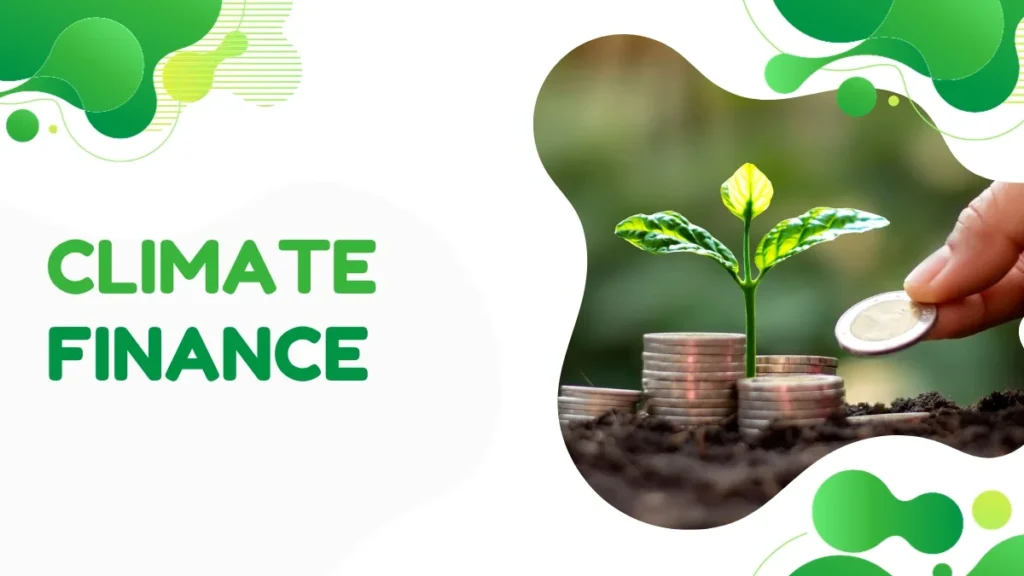
The event, organized as part of the UNFCCC Subsidiary Bodies’ ongoing technical negotiations, was one of the clearest signals yet that African nations are shifting from climate aid recipients to solution leaders.
The SB62 side event was not just a conversation—it was a statement of African leadership, urgency, and resolve.
Ghana’s intervention, led by Hon. Issifu, highlighted the continent’s readiness to act and the need for trust-based partnerships rooted in equity and shared responsibility.
“Africa is not waiting for handouts—it is building solutions. What we need now is fair, timely investment.”
Hon. Seidu Issifu, Minister of State for Climate Change and Sustainability
His remarks underscore Ghana’s position as a regional leader in climate diplomacy, and its intent to use every available platform to advance Africa’s stake in the global green economy.
As climate talks continue in Bonn, Ghana’s message is clear: Africa’s climate agenda is actionable and ambitious—but without timely investment, ambition will not be enough.

